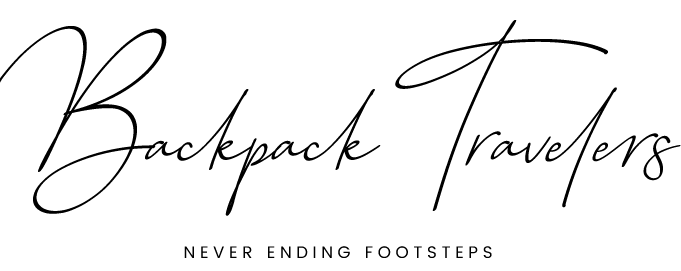What is Taurine?

Whenever the topic of feline nutrition is discussed, the word “taurine” will surely come up, but do you really know what taurine is and why it’s important?
Taurine is an amino acid. For those of you who are interested in these things, its molecular structure is C2H7NO3S. Unlike most amino acids that connect in long chains with other amino acids to make all the various proteins needed for normal body function, taurine is found free in many of the body’s cells/tissues as well as within bile, a digestive liquid produced by the liver and secreted into the intestinal tract.
Taurine is considered an essential amino acid in cats. In other words, they require relatively large amounts of it in their diet. Omnivores like us can synthesize sufficient amounts of taurine from other amino acids (specifically converting methionine to cysteine to taurine). Cats can make some taurine, but the enzyme required to make it out of cysteine is in short supply and needed in other physiologic pathways. Therefore, without an adequate dietary supply of taurine, cats eventually become taurine deficient.
Taurine deficiency can have severe ramifications. The first disease that we knew was caused by taurine deficiency is a form central retinal degeneration (CRD). Taurine plays an important role in the structure of rods and cones within the eye’s retina as well as in an underlying tissue, the tapetum lucidum. Rods and cones convert different wavelengths of light into neural impulses that are sent to the brain, and the tapetum lucidum reflects light within the eye, making the feline sense of sight especially good at night. As these structures degrade due to a lack of taurine, vision begins to fail. The changes are not reversible, but if caught early enough, taurine supplementation can save whatever vision a cat has left.
More recently (in the 1980s), taurine deficiency was linked to a form of heart disease — dilated cardiomyopathy (DCM). It is thought that taurine within heart muscle cells helps maintain appropriate concentrations of calcium and other charged particles on either side of the cell membrane. Without enough taurine, the heart muscle cannot contract normally, which eventually leads to congestive heart failure. Dietary supplementation (usually 250 mg taurine given by mouth twice daily) can reverse dilated cardiomyopathy caused by taurine deficiency as long as the condition is caught early enough.
Taurine deficiency can also lead to reproductive failure, poor growth in kittens born to taurine-deficient queens, and gastrointestinal disturbances.
Barring mistakes in manufacturing, all commercially prepared cat foods now contain sufficient amounts of taurine (this wasn’t the case in the past), but taurine deficiency can still develop when cats are fed homemade diets. Taurine is found almost exclusively in animal-based sources of protein (meat, fish, etc.) so cats eating vegetarian or vegan diets are at the highest risk. The feline body cannot store large amounts of taurine, so if you ever need or want to feed your cat a homemade food for an extended period of time, make sure you are using a recipe designed by a veterinary nutritionist who is familiar with your cat’s dietary needs.













0 comments